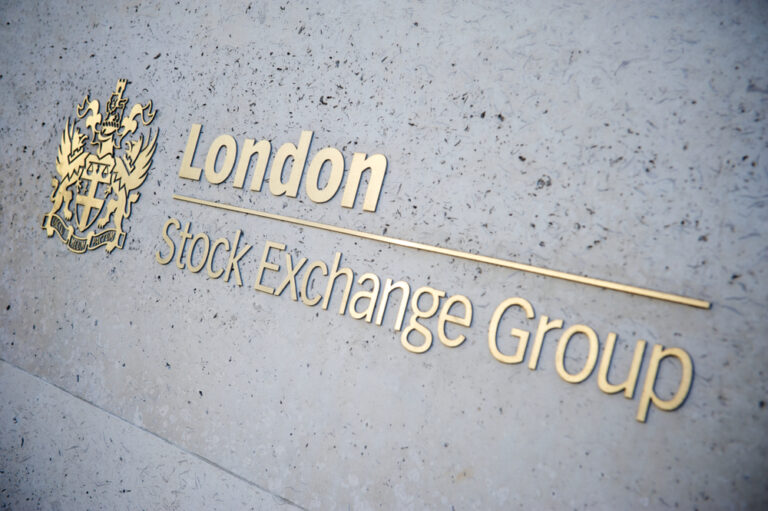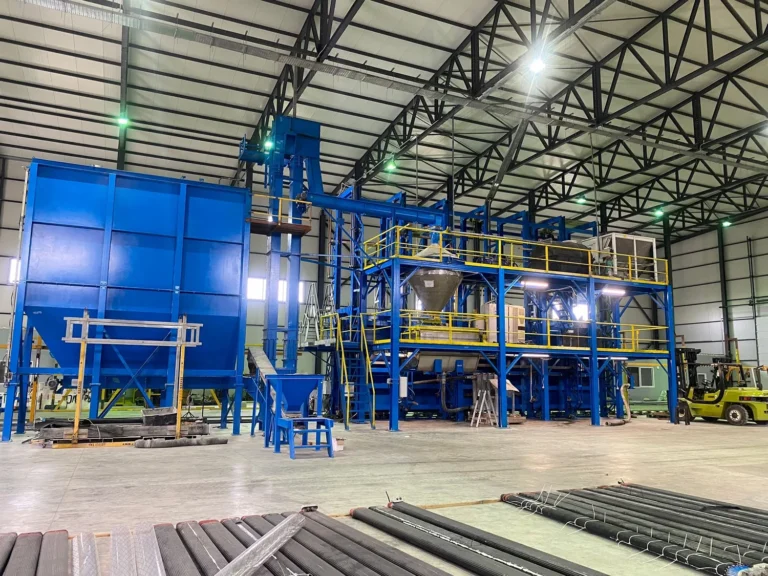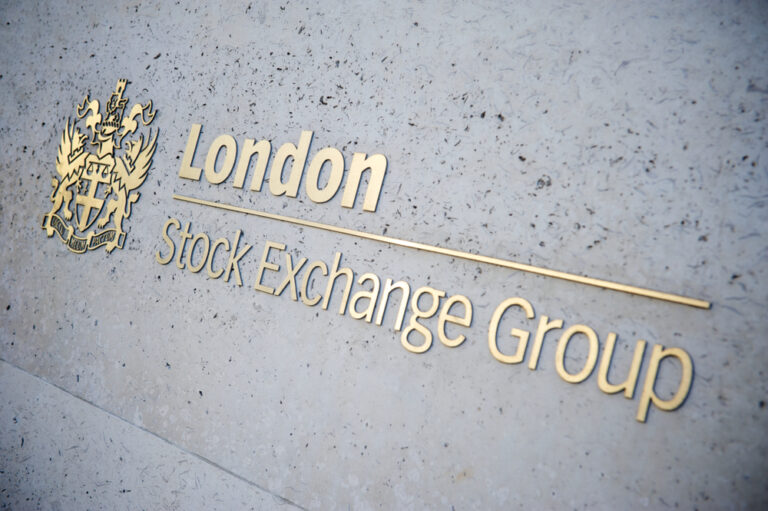The FTSE 100 broke back above 10,400 on Wednesday as mining and banking stocks helped fuel a rally.
London’s leading index was trading at 10,430 at the time of writing, with fresh all-time highs firmly in the sights of traders.
“The FTSE 100 ticked higher on Wednesday, supported by gains in bank and resource stocks and chatter that London Stock Exchange Group has been targeted by activist investor Elliott,” said AJ Bell investment director Russ Mould.
“A recovery in commodity prices after the recent volatility helped give the miners and energy stocks a lift. Oil was supported by US-Iran nuclear deal uncertainty, while gold moved back through $5,000 per ounce. On the flipside, companies caught up in AI disruption fears linked to the launch of new tools by Anthropic, apart from London Stock Exchange Group, were back in the market’s bad books.”
Investors RELX, Experian, and Sage Group will be disappointed to see them back among the top fallers as concerns around AI persist.
The wealth management industry was the latest to face the threat of AI disruption, with St James’s Place sinking by over 10% after the launch of a new financial planning service by AI firm Altruist posed a real problem for the sector’s business models.
But beyond AI disruption, it was generally a positive day for FTSE 100 stocks.
BP shares recovered some ground lost yesterday after the release of Q4 results, as higher oil prices lifted the sector amid geopolitical concerns.
“Geopolitical tensions in the Middle East remain high, despite ongoing negotiations between the US and Iran,” explained Susannah Streeter, Chief Investment Strategist, Wealth Club.
“Rumours are swirling that American forces may be given the green light to seize Iranian freighters if little progress is made on a deal to curtail Iran’s nuclear capability and ambitions. If talks break down, fresh strikes on Iranian targets are expected. This has again raised supply concerns, pushing up oil prices, with Brent crude, the benchmark, nudging $70 a barrel.”
Miners were also stronger. Antofagasta rose 5%, and Fresnillo added 3%, in line with a general rally in metals.
The London Stock Exchange Group rose 3% on the news that an activist investor had taken a stake in the business.
“A near-40% collapse in London Stock Exchange Group’s share price in the past 12 months has put the company on the radar of activist investors,” Russ Mould said.
“Elliott Management has reportedly taken a stake in the business, news of which triggered a bounce in the exchange operator’s share price.”











